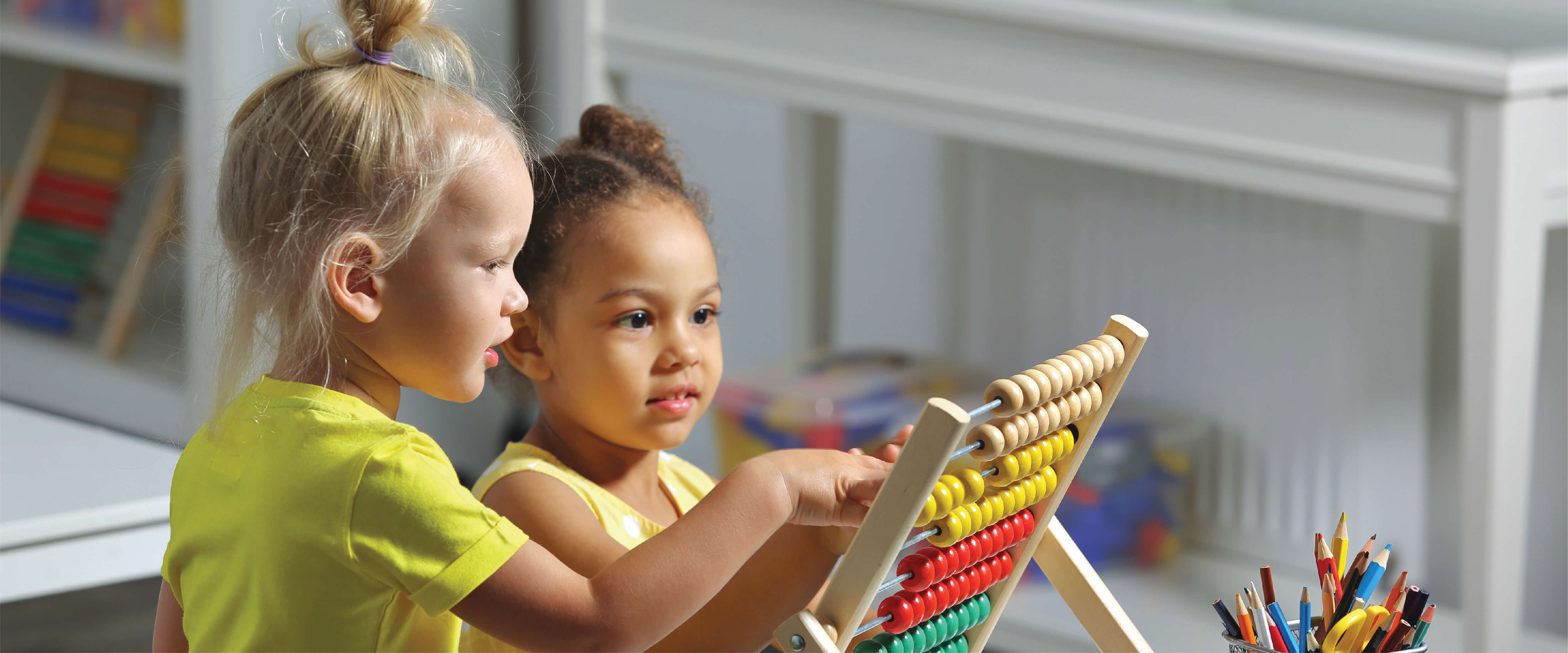Exploring Child Care Options – What does a high quality program for infants look like?

Finding the right childcare program for your baby can be a difficult task, but knowing what to look for can help you make the right choice.
In a high-quality infant program, caregivers help your infant grow up healthy and ready to learn new things. Caregivers make sure children are safe and comfortable. They create close, trusting relationships with infants and families. They understand how unique your child and family is, and they respect every family's culture.
Infants—babies from birth to 18 months—learn so much in a short time. While each child develops at a different rate, here are some tried-and-true practices that help all infants learn best.
Through relationships with caring adults - It is important for your child to have nurturing relationships with the adults who care for them. In this early stage, a primary (main) caregiver in a daycare setting works with the same few babies. She gets to know them well and forms close relationships with them so the babies feel confident and secure.
Through active, hands-on play - Grabbing plastic rings, rolling on a soft blanket, making a toy squeak—what fun! Babies look, smell, hear, taste, and touch their way to understanding the world around them. Moving around freely in a safe space, babies can reach and explore objects—a key to learning. Caregivers offer infants safe, interesting materials that spark their curiosity and invite babies to discover what they can do with their own bodies and with the things around them.
By connecting new ideas to what babies already know and can do - All of us learn best when we can link new information to what we already know. Caregivers help babies do this so that they build knowledge. Caregivers also connect learning to whatever your child is interested in, whether that is wheels or music or faces!
By exploring and making sense of their world - High-quality programs give infants plenty of time to play and explore. Babies need many experiences with objects and people to begin figuring them out. Caregivers help by telling babies the names of objects and describing what your child is doing. Over time, your infant begins to understand what things are and how they work.
With support from caregivers - Working with infants involves so much more than caring for their physical needs. Caregivers interact with children and offer them enjoyable experiences that lay the foundation for learning. Some of the ways they support babies are by
- Noticing your child's signals to learn what he's saying through his sounds and actions
- Building trust by responding quickly to babies' needs
- Setting up schedules and following familiar routines (for example, lunch or bottle time is usually followed by naptime). Babies learn better, when they feel secure and know what to expect.
- Talking to your child during caregiving times, like feeding and diaper changing. This makes your child feel valued and helps her build a strong bond with her caregiver.
- Describing to your infant what is happening throughout the day. Regular communication helps him build lifelong language skills.
- Creating safe spaces for your baby to move comfortably and freely, with interesting materials for her to explore
- Asking about routines you do at home with your child so the caregivers can do some of the same things at the program
- Keeping you up to date on what your child knows and is learning so you don't miss a thing
- Offering lots of active playtime. Caregivers give babies plenty of space to play and build their muscles and coordination.
- Giving infants the chance to explore outdoors every day if possible. Spending time outside helps children's health and brain development. Caregivers take babies on walks and let them move freely in a secure outdoor space.
For additional Child Youth Programs (CYP) information or assistance with registration, you can contact your local CYP Resource and Referral Office.
Visit Militarychildcare.com to place a request that meets the development needs of your child. Here you will learn about all available childcare and youth development opportunities.
Militarychildcare.com is the one-stop-shop to request care in installation and community-based programs and activities. Miltarychildcare.com is accessible to all eligible military connected families.
Reference: National Association for the Education of Young Children (NAEYC) https://www.naeyc.org/our-work/families/quality-program-for-infant